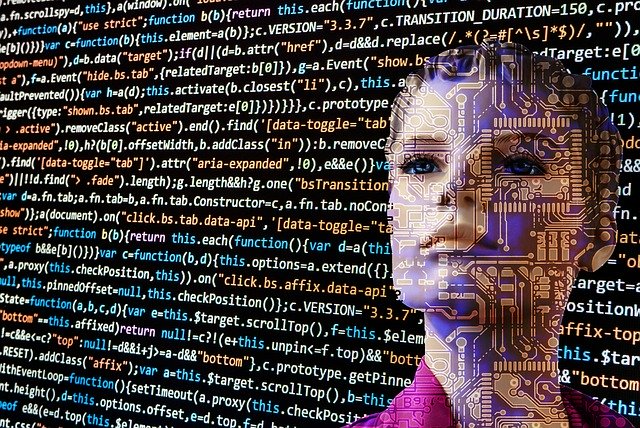Hi there and welcome back to this two part discussion on the use of facial recognition software. Here at The Kronzek Firm we have been following this subject over the years, watching how the technology has developed and the ways in which it’s been implemented. If there’s one thing we’ve noticed, it’s that people feel very strongly on both sides of the fence. Many police departments, including many here in Michigan like the Detroit Police Department, use facial recognition software in solving cases. But as a recent case revealed, facial recognition software isn’t infallible. And sometimes the wrong person gets identified, which can result in false allegations and wrongful convictions.

Some tech giants have stopped selling facial recognition software to the police
Earlier this summer a group of tech giants like Amazon, IBM, and Microsoft all decided to take a stand in solidarity with the Black Lives Matter protests and refuse to sell facial recognition software to police departments around the U.S. until the federal government does more to regulate its use. However, as many people have pointed out, this kind of effort means nothing when none of them are the actual suppliers. The vast majority of facial recognition software used by American police departments is supplied by overseas companies like Cognitech out of Germany, NEC and Ayonix from Japan, and iOmniscient, based in Australia. According to Rustom Kanga, the CEO of Omniscient, taking technology away from the police isn’t going to solve any problems, so he doesn’t see the point of terminating his company’s relationship with American police departments.
Michigan was set to become the first state to ban facial recognition tech
Last year in October, State Representative Isaac Robinson introduced a House bill that would have put a five year enforced waiting period on the use of facial recognition technology in Michigan. A number of places around the country, like Oakland, California have already banned its use, and several other states have considered similar bills, making the tech entirely illegal until all the bugs can be worked out, and more accurate results can be guaranteed. But the bill didn’t go anywhere, and in the end Michigan’s legislators in Lansing didn’t make any kind of decision one way or another, regarding the state’s use of facial recognition software.
Wrongful convictions are life changing, regardless of how they come about!
As we mentioned in the previous article, facial recognition has a checkered past when it comes to accurately recognizing people of color. Several studies have shown that certain algorithms have a harder time accurately identifying people of color, which some people have said is dangerous for minority communities. Other reasons people advocate against the use of this technology has to do with not wanting surveillance used in public spaces as it represents an invasion of privacy. But for the people wrongfully identified by the tech, that is reason enough. Being accused of a crime you didn’t commit, and potentially having to serve time for it is a devastating experience!
We fight aggressively against wrongful convictions for our clients!
Here at The Kronzek Firm our criminal defense attorneys are dedicated to fighting fiercely against the kinds of allegations and mistakes that result in wrongful convictions. We understand how terrifying it is to be accused of something you didn’t do, and we are tenacious in protecting our client’s rights and their futures. Whether it’s the result of an algorithm, or something much more old fashioned, like a mistaken witness or police error, we can help. We’ve spent decades successfully helping people from all walks of life in Lansing, Grand Rapids, Kalamazoo, Detroit and all over Michigan’s lower peninsula, to build strong defenses against allegations of wrongdoing. We’re very good at what we do, and we can help you too. So don’t wait. Call 866 766 5245 immediately, and make sure your future is properly protected.







